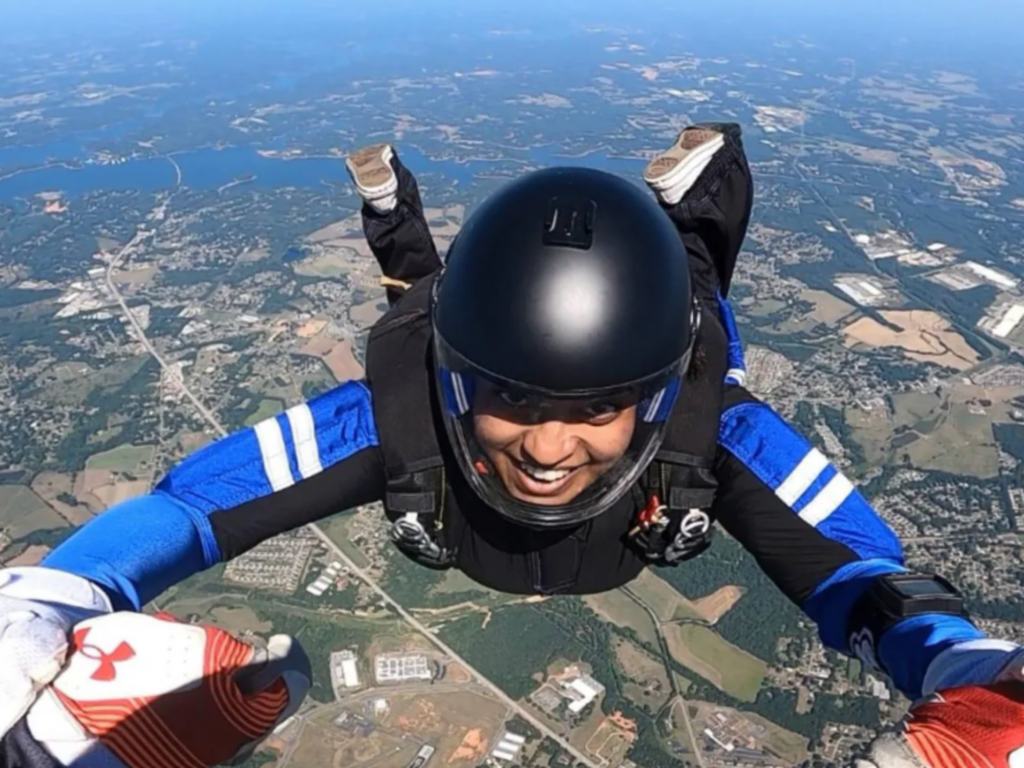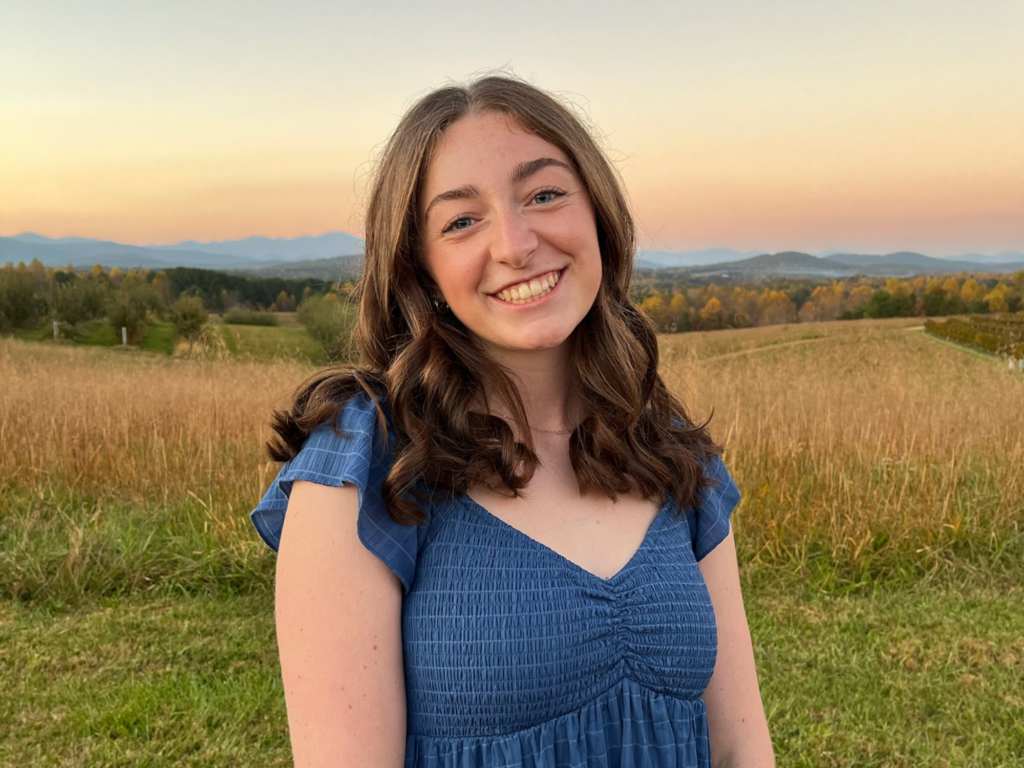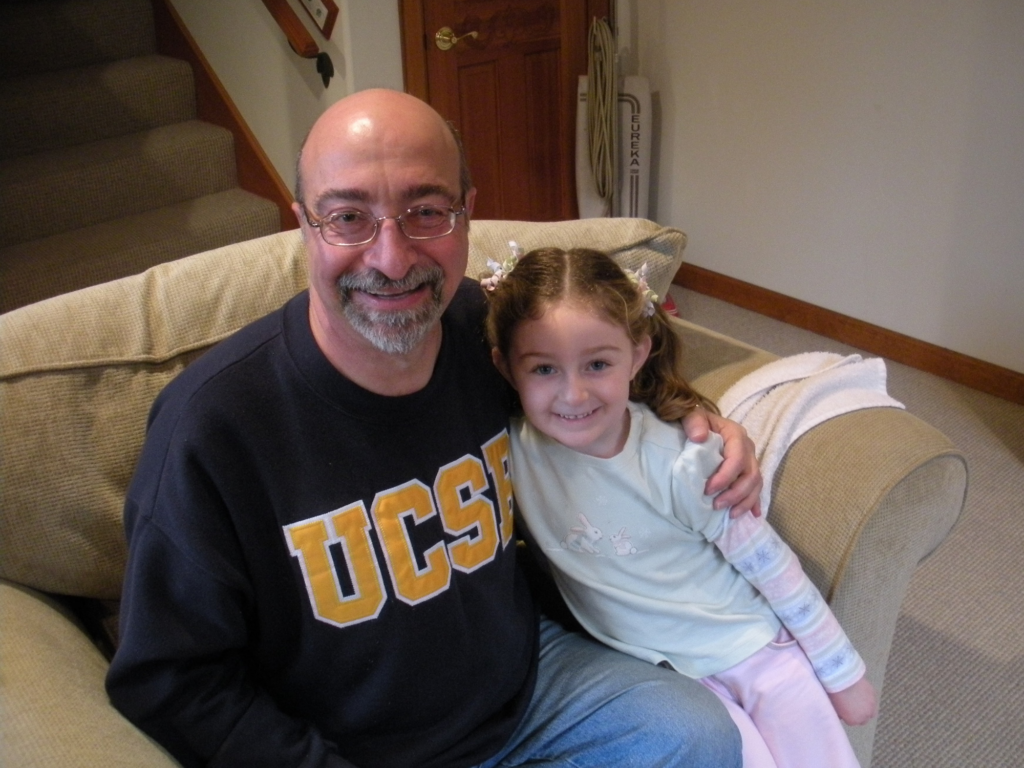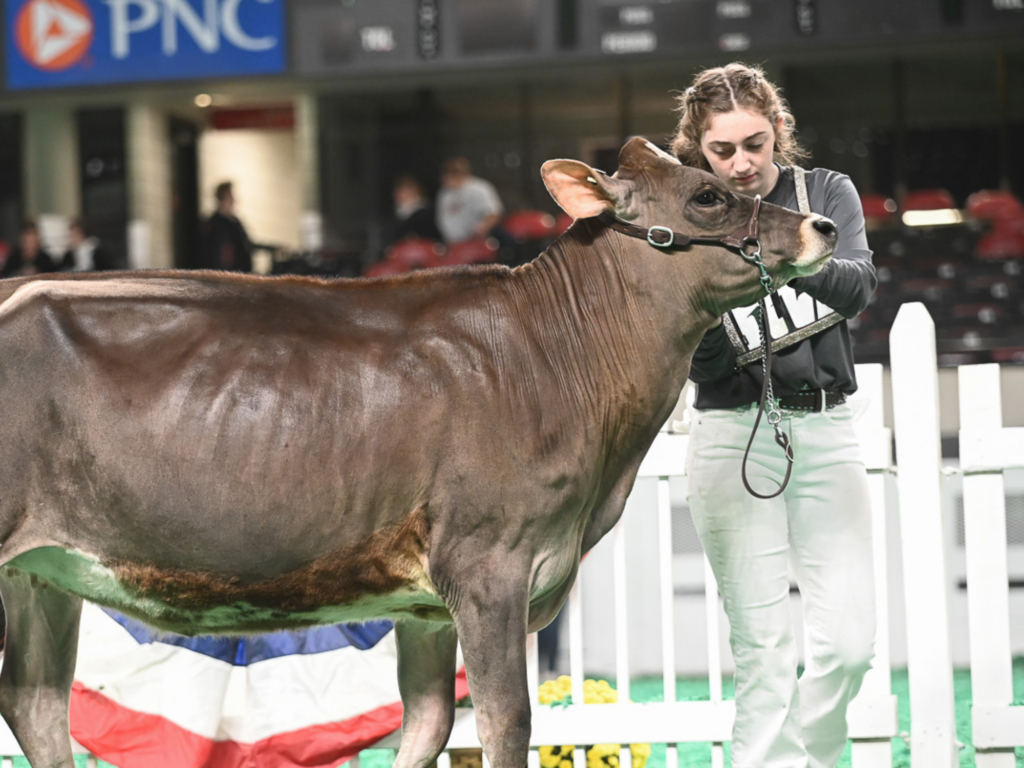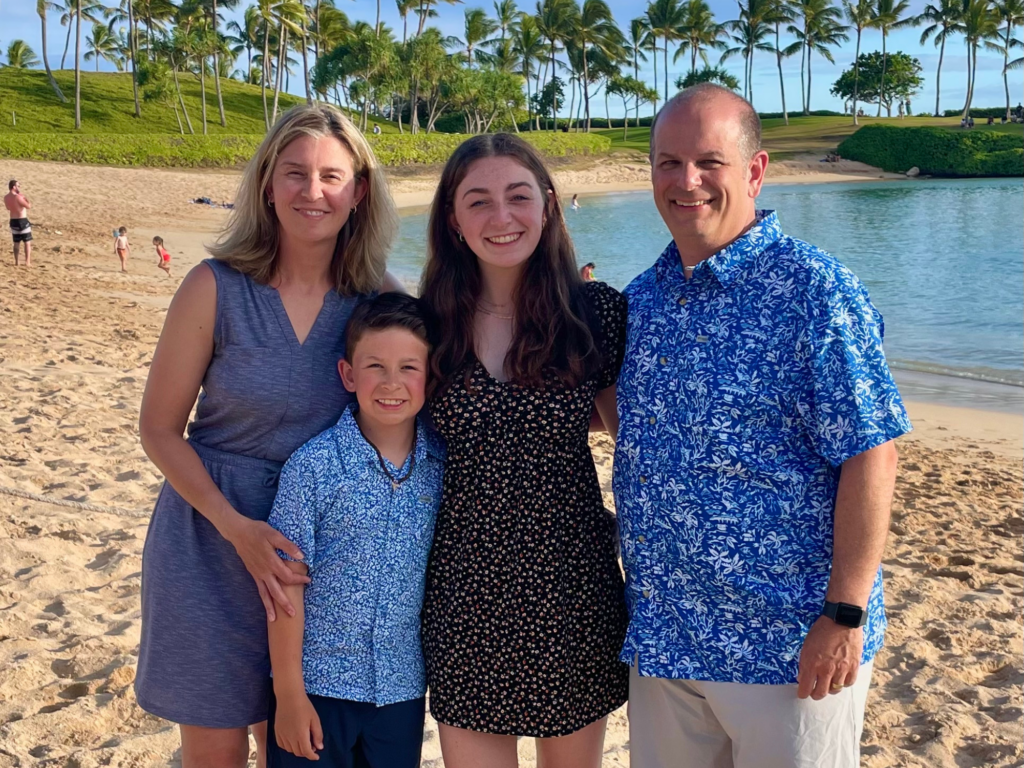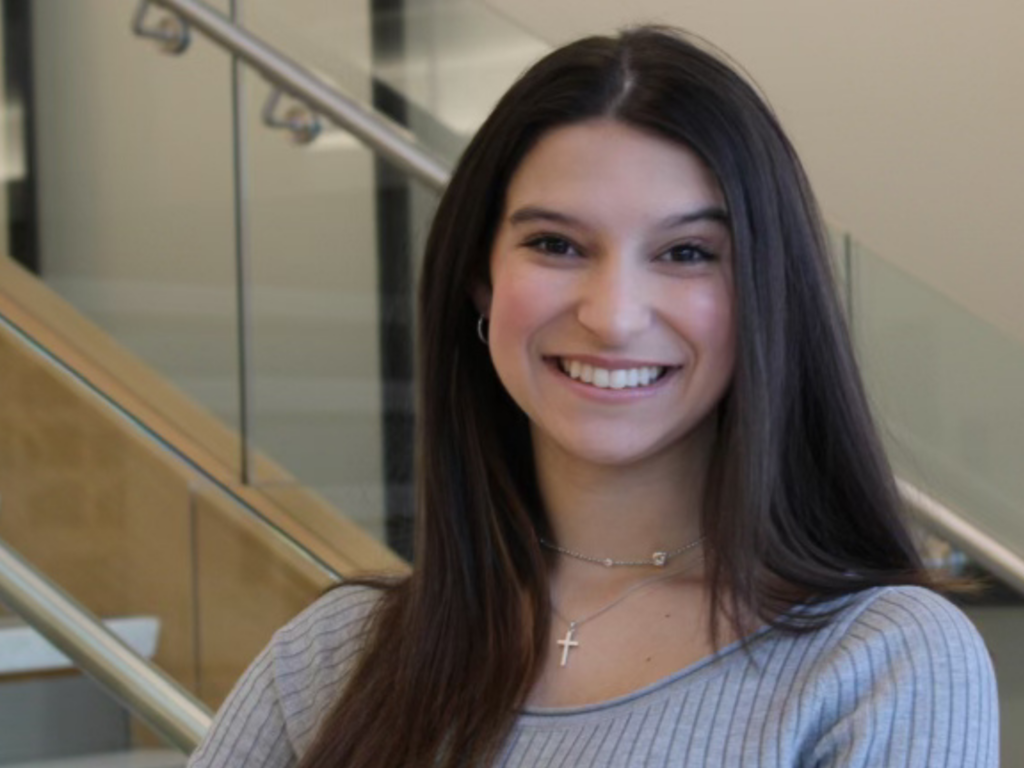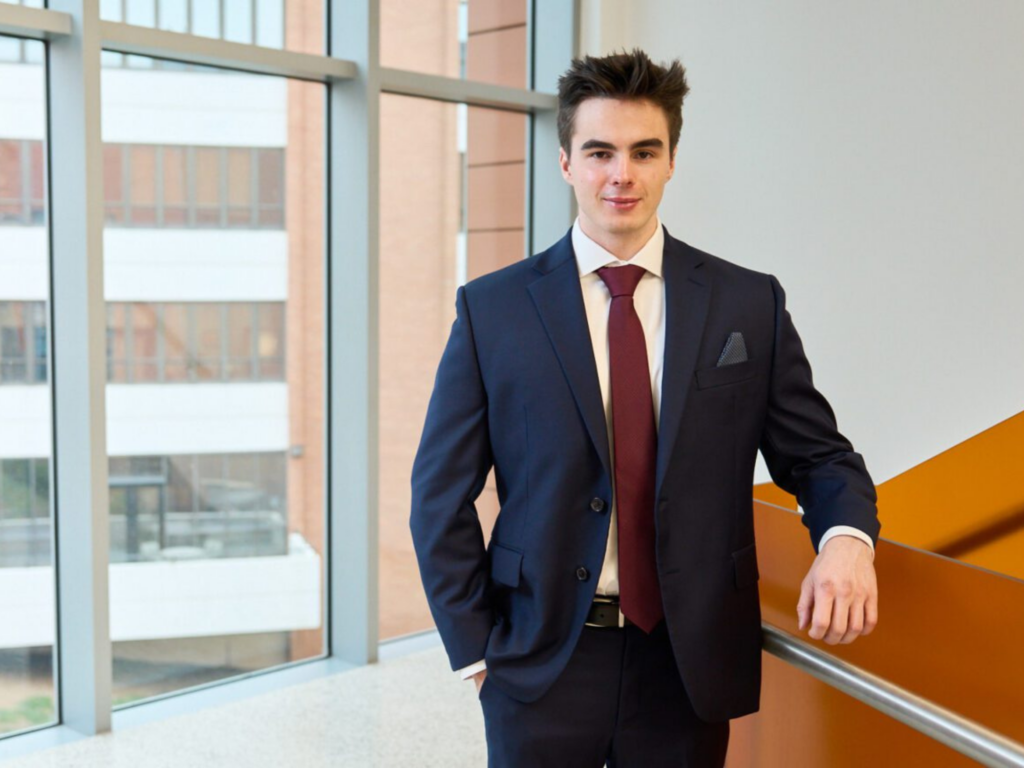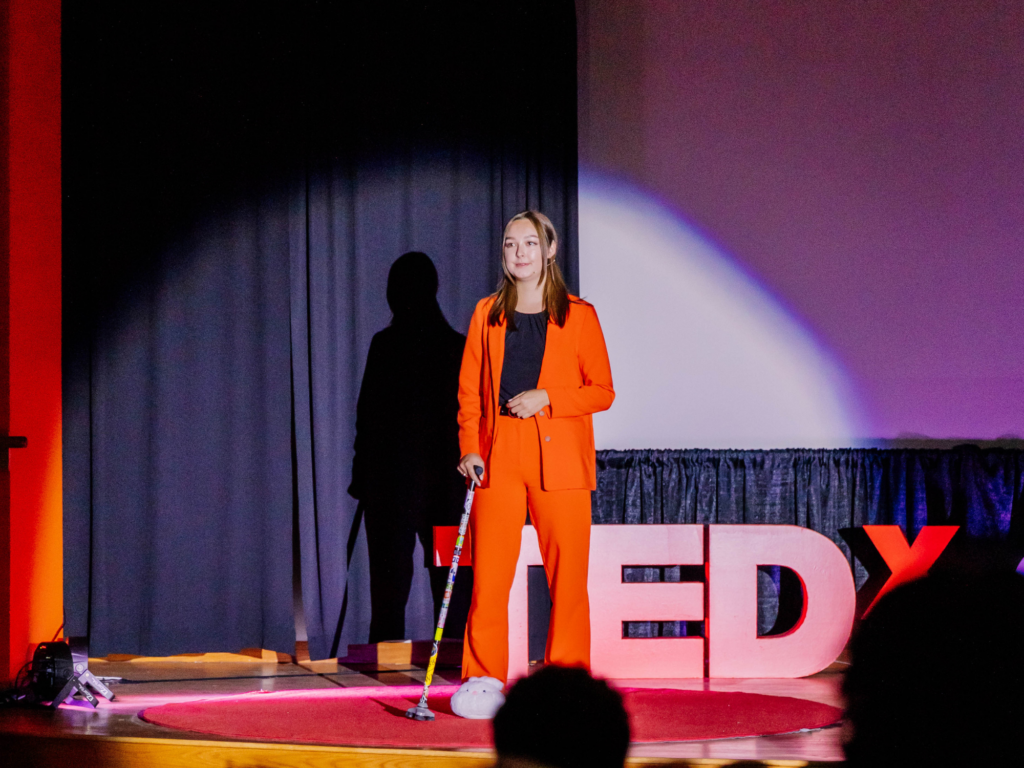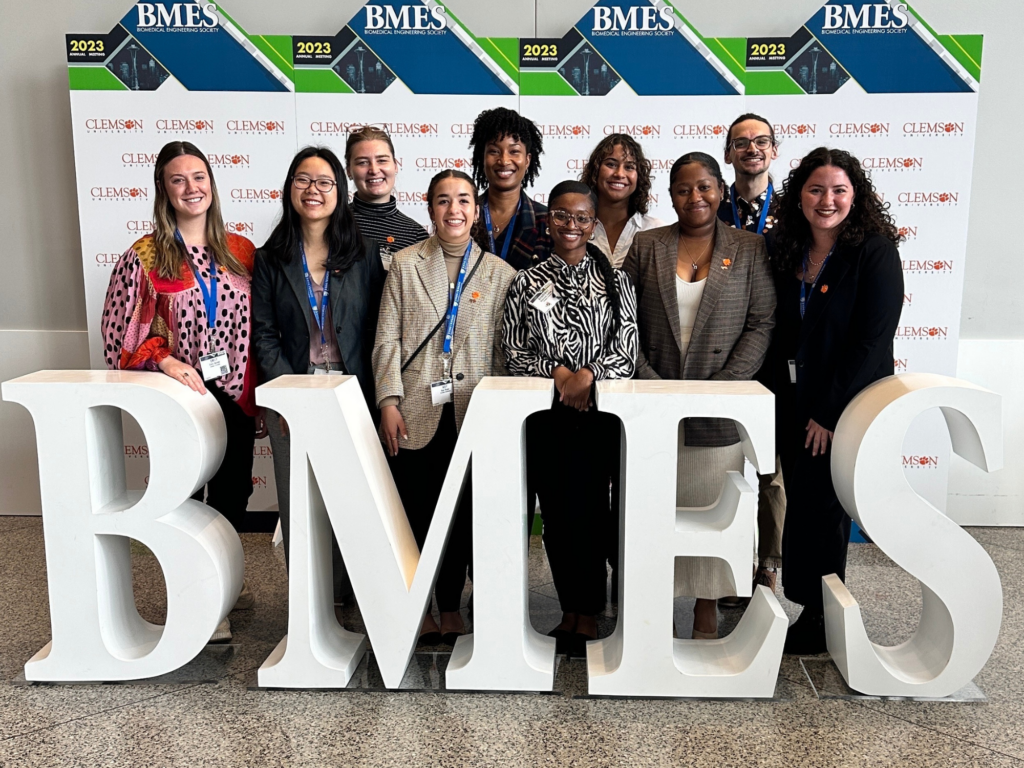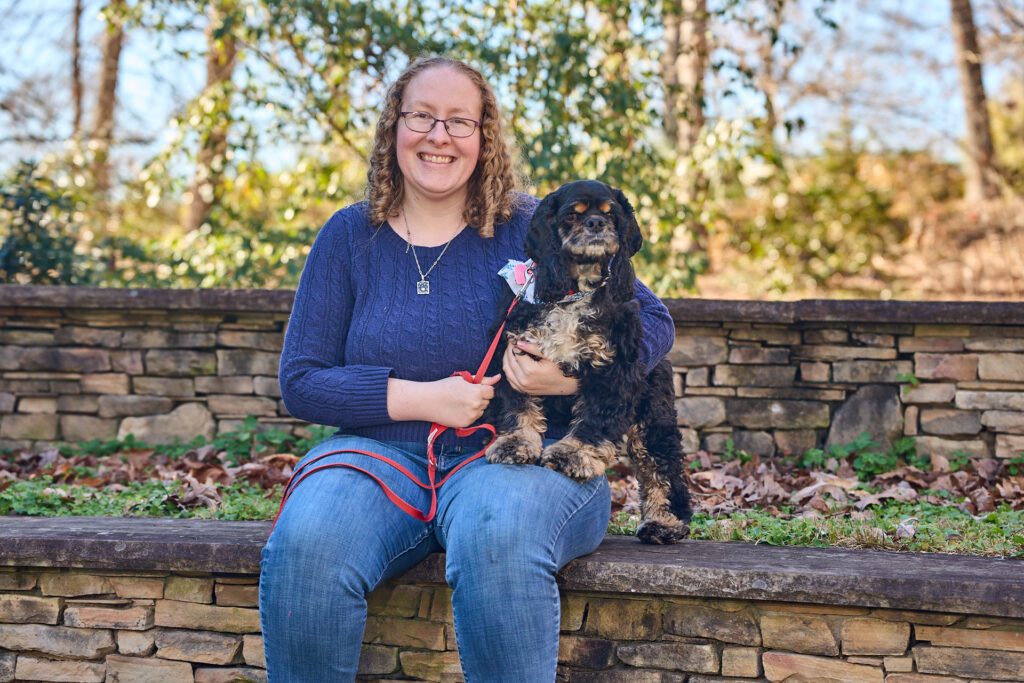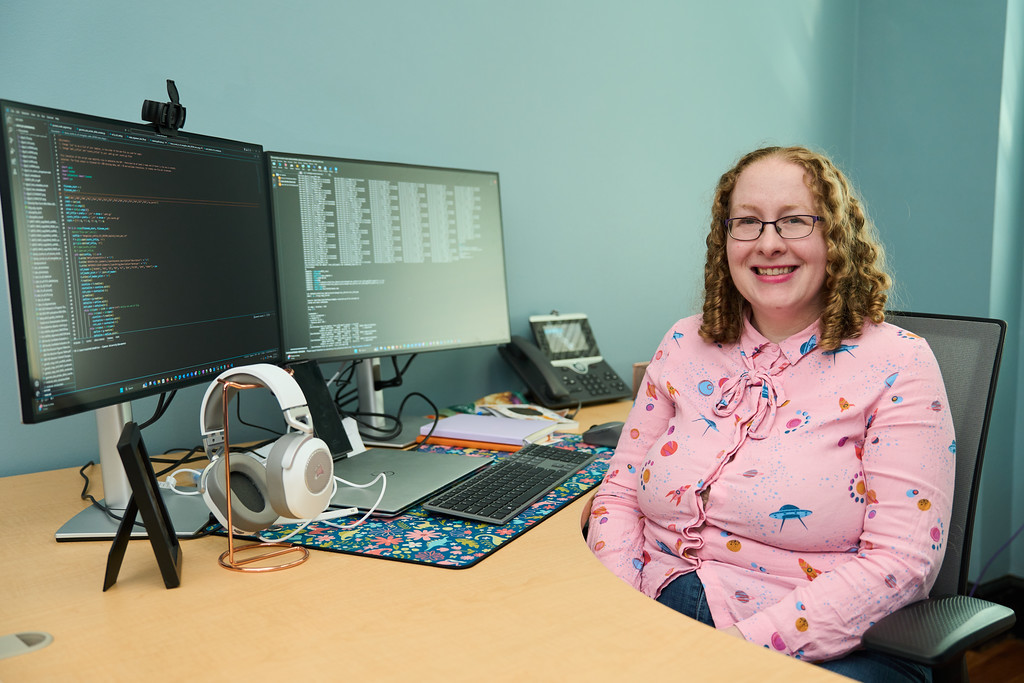This summer we shared a number of incoming freshmen’s stories with you. In this series we circle back to those students and see how they are doing now.
Maddie Smith

Since being on campus, Maddie Smith, genetics major from Slidell, LS, has thrived both academically and personally.
“I am in love with campus and all of my coursework. My professors have been nothing short of amazing and so willing to help whenever I need!”
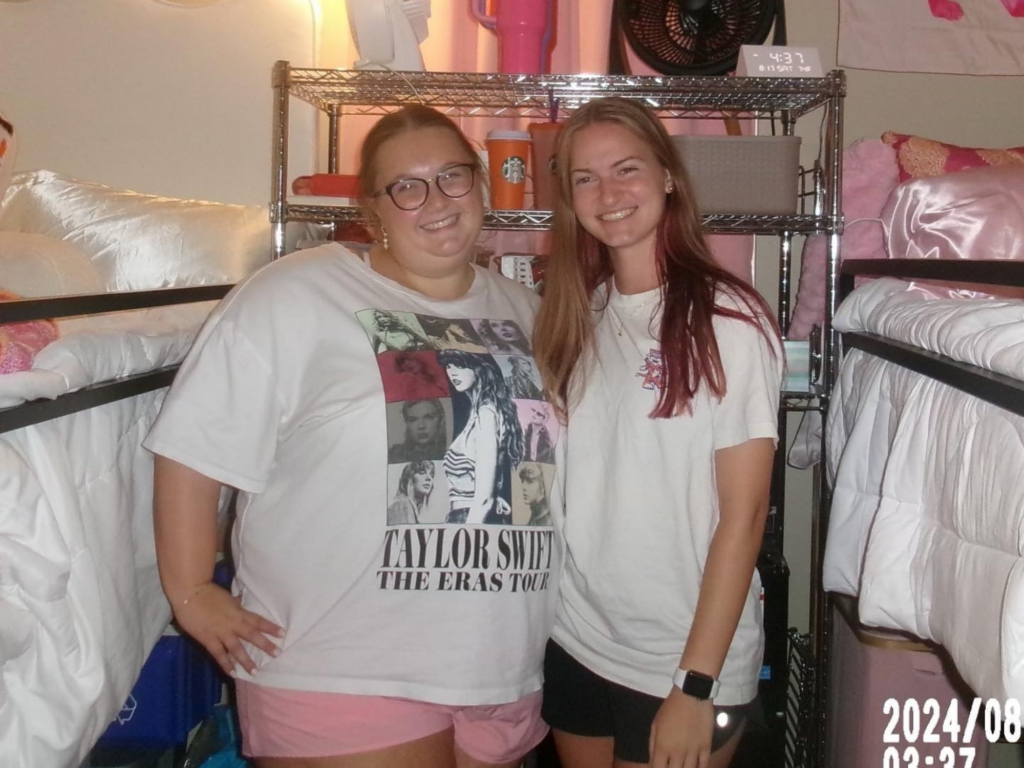
She has become involved in organizations such as Alpha Omega Epsilon, a sorority that promotes women in STEM, a bible study through Catholic Tigers, the Genetics and Biochemistry Club and the Swift Society. Maddie is also part of a Creative Inquiry with Dr. Todd Lyda.
“My favorite class so far would have to be my CI research project with Dr. Lyda! We work to isolate Euglena cells in a gel strip using gel electrophoresis to make a reuseable battery. My lab mates and I are super close, and we love getting together outside of the lab for lunches at Schlitter!”

Maddie enjoys all parts of what Clemson has to offer: football games, snow days on Bowman Field, studying in the Harry Potter room on the second floor of the library and consistently making new friends.
“My favorite Clemson moment would have to be the snow day! Being from south Louisiana, I have only ever seen snow once at home! It was so magical and the most amazing welcome back from the holiday break!”
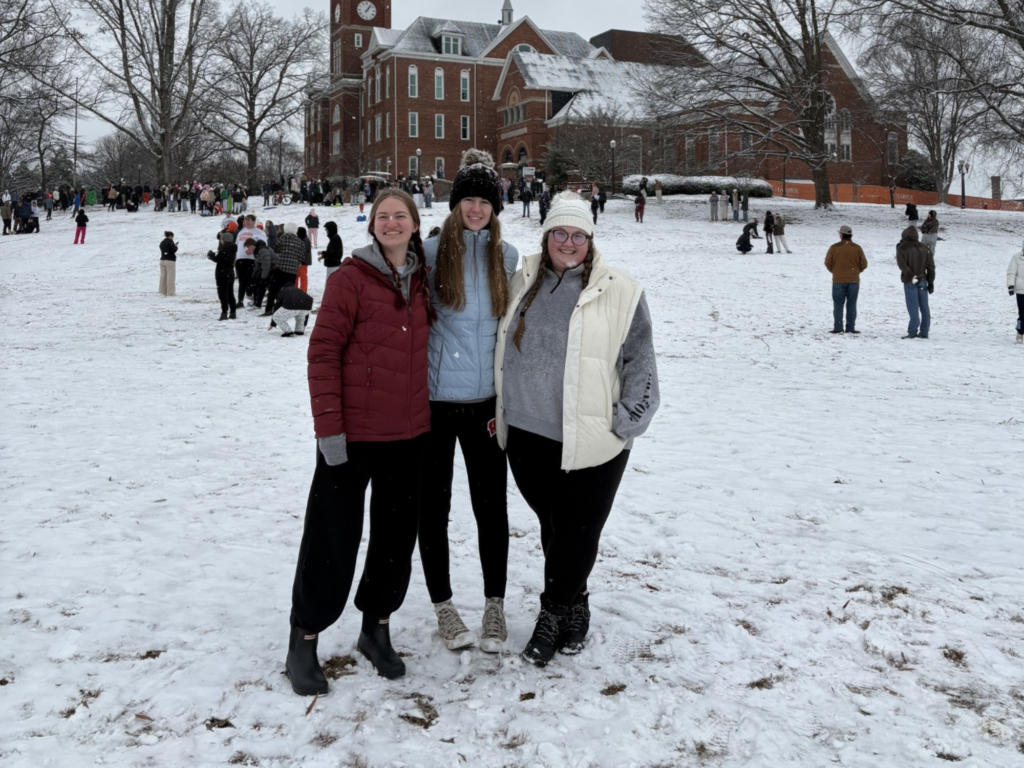
The past academic year at Clemson and in the Department of Genetics and Biochemistry has solidified Maddie’s future career goals.
“Since being in the Genetics and Biochemistry department, I have gained confidence in my academic abilities, and I have no doubt I will be prepared to take the MCAT and hopefully be accepted into medical school!”
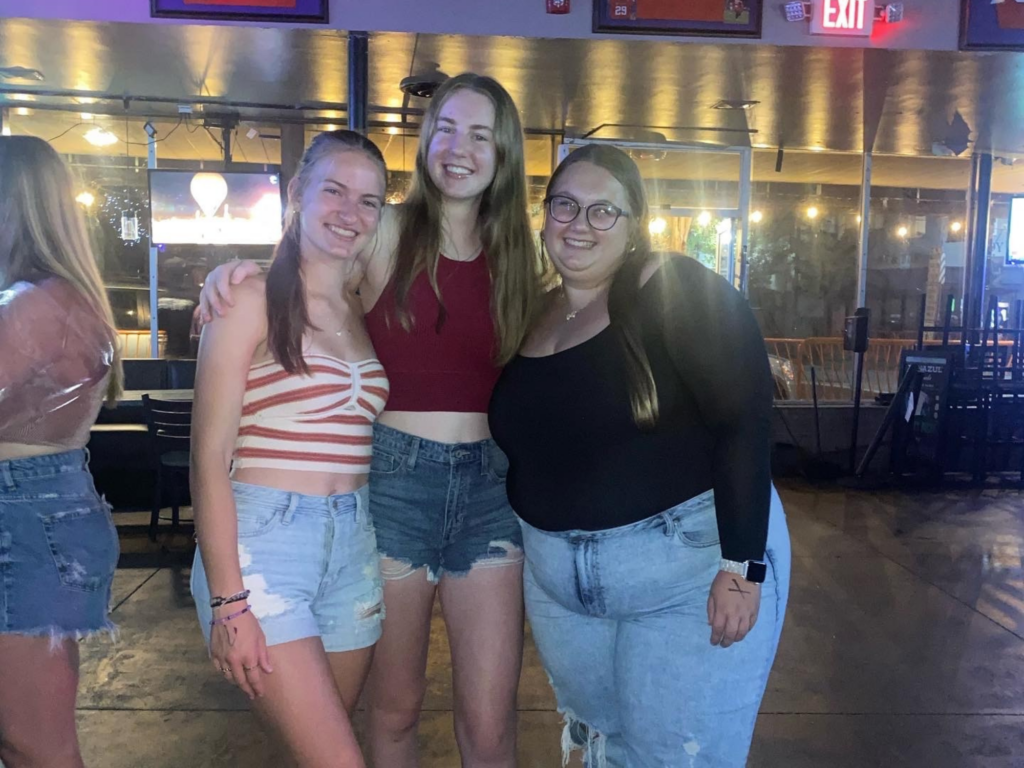
When asked what her advice for incoming freshman would be, Maddie said to not give up when things get hard.
“It is not easy being in all science classes but finding a group of friends that know what you are going through and will help you succeed will make the world of difference! Shout out to my G&B girls, Kylie Wilson and Muara Korte, for being the best friends and study partners ever!”
